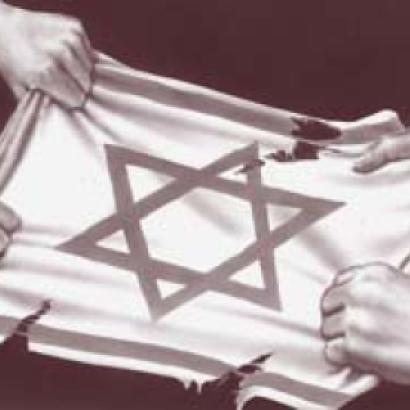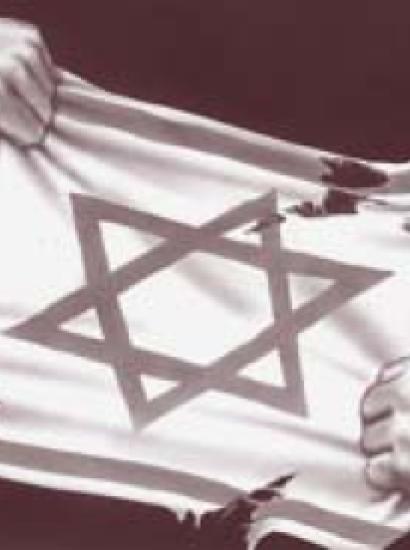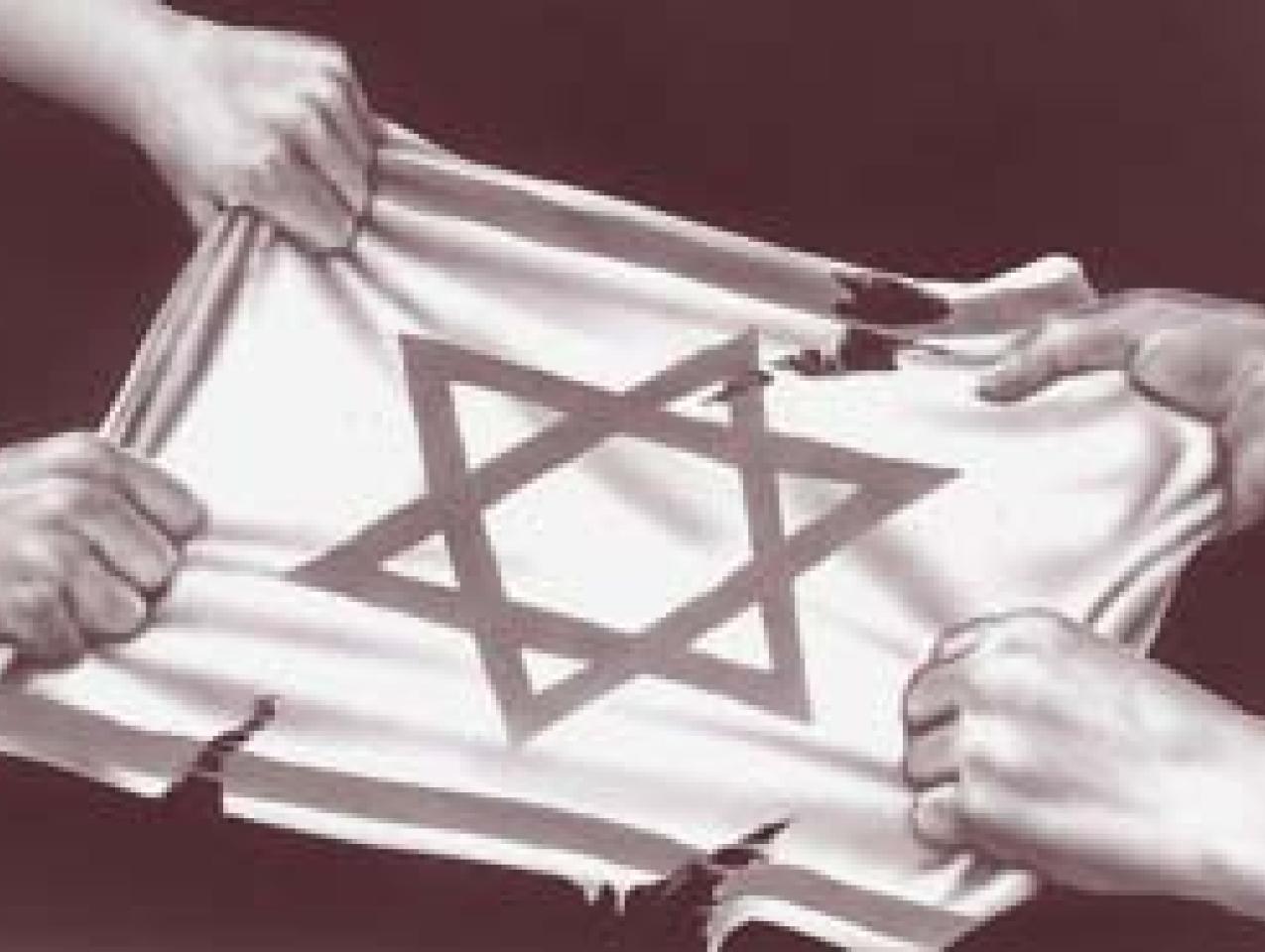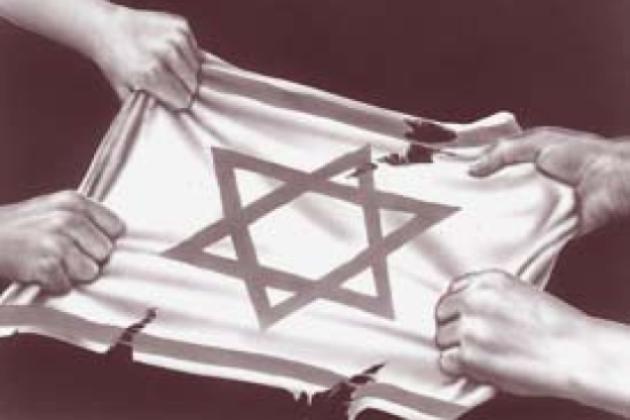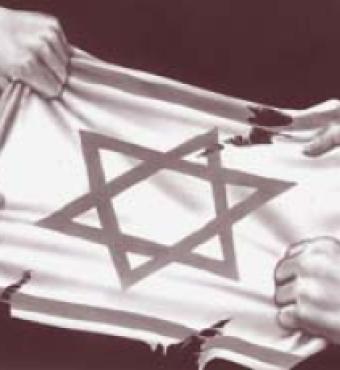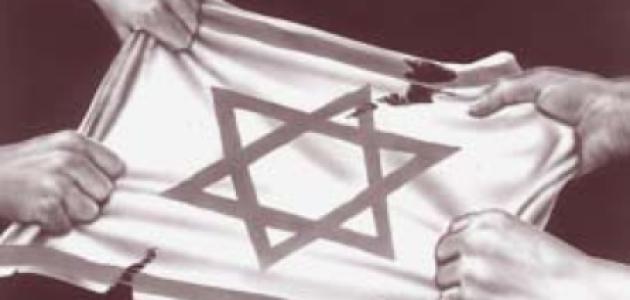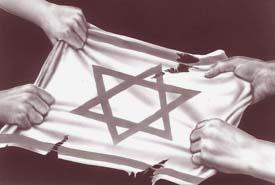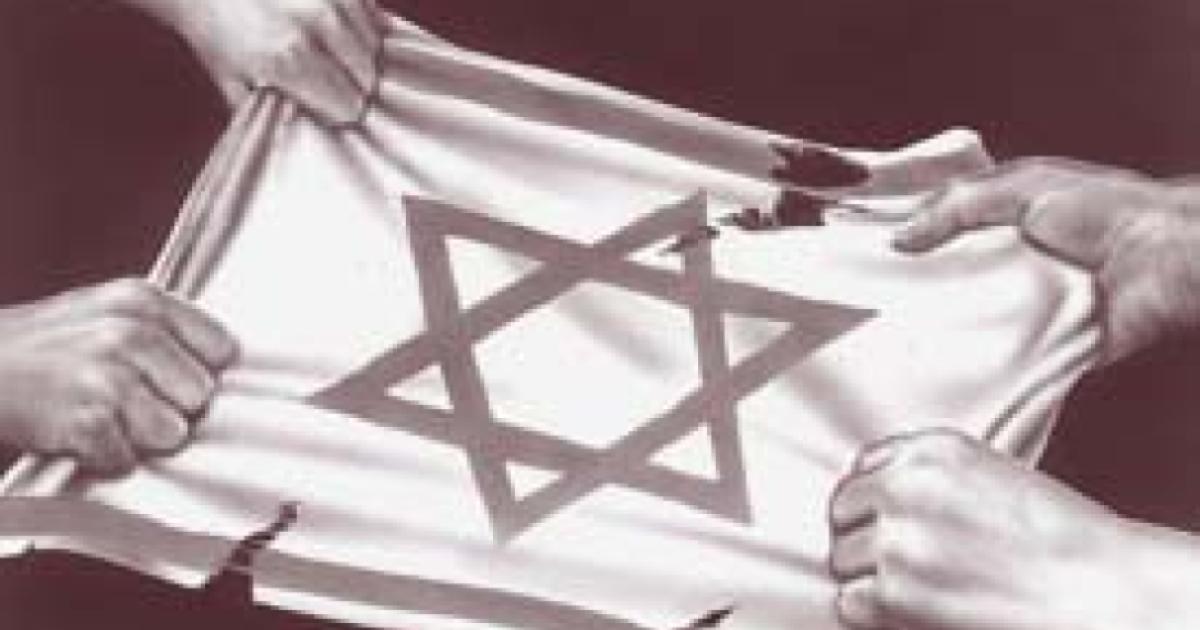- International Affairs
- Law & Policy
- Civil Rights & Race
I spent a week in Jerusalem, and what an extraordinary city it is. My visit was arranged by the
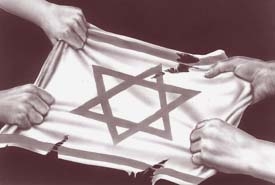
Institute for Advanced Strategic and Political Studies, a think tank that has mostly concentrated on Israel's excessively socialist economy and now is paying attention to cultural considerations as well.
Old photographs show that, before the state of Israel was created, little more than barren wasteland and bare hills existed outside the tumbled walls of the Old City. Today Jerusalem covers a huge area, and it is sobering to reflect how much has been achieved despite the tireless obstruction of a socialist bureaucracy. What might have been done without it! Jerusalem today is much more than a city restored, of course. You sense that what happens there is of significance to the rest of the world.
When Mark Twain visited Jerusalem, he portrayed it as a comic backwater, the ruined reality in sharp contrast to its illustrious name. Arab goatherds trod the barren terrain. The city illustrated time's mockery of history--another Troy in the making. How improbable the more recent transformation. How unforeseen. And how impossible to see it as a mere coincidence that the three great religions of the world somehow meet at a physical point, with the Via Dolorosa and the site of the Crucifixion little more than a stone's throw from the mosque called the Dome of the Rock, itself perched atop the foundations of the Second Temple.
Here, as nowhere else in the world, geography is destiny. In the mid–seventeenth century Pascal said how amazing it was that the Jews had survived as a separate entity for four thousand years. How much more amazed would he have been to know that, three hundred years later, they would return to the Holy Land. To me, at any rate, it is an astonishing thing. It gives a shape and meaning to history.
I think that those who think about this subject at all are often made uncomfortable by it, perhaps the Jews in particular. The idea of "chosenness" is not only at odds with the egalitarian ethos but is about as far removed from it as could possibly be. Among non-Jews the idea is also unpopular (except in some Christian fundamentalist circles), and it seems to form no part of the contemporary discussion of national or international politics. It seems so outlandish an idea, so alien to the modern world, that it is usually dismissed out of hand.
Those who may suspect its truth fear its political ramifications. But no particular "ought" follows logically from this "is." The belief that Israel demonstrates the hand of God in history can, on the one hand, lead to passivity and quiescence--if God is in charge, why not wait patiently on the sidelines? On the other, it can lead to intense activism (demonstrated by those who start settlements in places like Hebron, hoping to hasten the Messiah's return).
This by way of background--as I see it, the only illuminating one--to the growing cultural war in Israel. At its most elemental, it is a conflict between the secular and religious worldviews. As may be imagined, within the precincts of the Holy Land, the conflict is heated and will no doubt become more so. Little has been written about it in the United States, where the press, unlike its Israeli counterpart, is dedicated to the proposition that the Jews are united. No such proposition can be sustained in Israel itself. As the Israeli journalist Ze'ev Chafetz told me in Jerusalem: "Nations boast of what they have least of. Arabs talk about honor; we talk about Jewish unity."
| Old photographs show that before the state of Israel was created, Jerusalem was little more than barren wasteland. Today the city covers a huge area, and it is sobering to reflect how much has been achieved despite the tireless obstruction of a socialist bureaucracy. |
The balance of power is something like this: The ultraorthodox religious community is about 20 percent of the population and holds 23 of the 120 seats in the Knesset, or parliament. The secular may be about 25 percent. This leaves a large middle-of-the-road population who neither deny God nor eat kosher food nor observe the Sabbath. Deputy Housing Minister Meir Porush of the Torah Judaism Party told me that if the criteria for observance are fasting on the day of Atonement, marriage according to Jewish law, and lighting candles on Passover, then "more than 70 percent" are observant.
But these figures give little idea of the intensity of the conflict. When the British controlled Palestine after World War I, Chaim Weizmann and the Zionist Executive collaborated with quotas that prevented most religious or oriental Jews from immigrating. The state of Israel was founded by secular socialists who dominated the country for decades. "I am in favor of Bolshevism," said the first prime minister, David Ben Gurion.
Fifty years ago exactly the Soviet Union cast its crucial United Nations vote in favor of the new state. The idea was that it would become a beacon of progressive humanism, a secular light unto the nations. But that god failed, and even as the Berlin Wall fell and the Soviet Union collapsed, a new wave of immigrants, almost a million strong, arrived in Israel from Russia. It was time for a new faith, which is to say the old faith: the God of Abraham and Isaac and Jacob.
In the minds of many secular Israelis, this old superstition was supposed to have . . . well, withered away by now. But increasingly Jerusalem has been populated by these bearded, frock-coated, black-suited gents with hats and skullcaps, nodding and bowing and praying and strapping on their phylacteries before the Western Wall, avoiding birth control and filling up neighborhoods with their numerous children, throwing stones at cars, cordoning off streets, disrupting archeological digs. Moreover they believe (for it says so in the Bible) that God had given this land to the Jews in perpetuity and for that reason aren't too enthusiastic about surrendering it for the promise of peace. Obviously they are fanatics or extremists or both.
Here is a recent comment from Yosef Lapid, an editorial writer for Ma'ariv, a left-wing newspaper. His column was headlined "It Just Isn't My Country Anymore."
Jerusalem used to have an eccentric minority, a vestige of the ghettoes of Lodz and Casablanca, sanctifying superstitions, fasting on strange days, locking its women up in the delivery room, keeping its men in yeshivas [divinity schools], far away from reality, from the twentieth century. It was a curiosity. Today this curiosity has become a vast, ever expanding army. And it is taking over our lives.
Then again, a frequently heard comment is that, while the influence of the ultraorthodox is increasing, so is the Americanization of the culture. Dedi Zucker, one of nine Knesset members in the left-wing party Meretz, told me that Israel is actually becoming more secular.
"The number of places open on the Sabbath has increased eight times in the last ten years," he said. "Television didn't operate at all on Friday evening and Saturday," whereas now it does. The orthodox rabbinical court has a monopoly on marriage and divorce. Yet between 1974 and 1995, while the population doubled, the number of marriages performed by the rabbinate remained unchanged. "That tells you that people found nonreligious alternatives," such as marriage in Cyprus or by mail order from Mexico and Uruguay.
"Both sides are right," I was told by Yair Sheleg, a reporter with the newspaper Ha'aretz, also on the left.
Today, members of the religious parties have twenty-three seats in the Knesset, up from sixteen in 1948. And they are increasing in numbers. Meanwhile, the secular side is getting stronger in the life of the street. In the eyes of the religious the posters are more immodest, the legitimacy of homosexuality and lesbianism is growing, and many cinemas and clubs are open on the Sabbath, even in Jerusalem. So you can see that both sides have facts for their fears. This is the main reason for the new tension.
The secular forces have also discovered, again showing American influence, that the judiciary can be a handy weapon for the progressives. They have used lawsuits to bypass the Knesset, which is the origin of the controversy over Jewish identity. The conflict has been (mis)represented in the United States as the claim that the nonorthodox are not recognized as Jews in Israel. Prime Minister Benjamin Netanyahu himself has called up U.S. newspapers to correct the error, which, as it stands, helps the Reform and Conservative congregations raise funds and is intended to do just that. Above all, the erroneous interpretation makes the cultural aggression by the secular forces--the use of courts they dominate to overturn the status quo--look like aggression by the orthodox.
The ill-starred "peace process" has also made a major contribution to the cultural war. The Oslo Accord was no doubt the most divisive event in the history of modern Israel. A pure surrender of territory was camouflaged as a quid pro quo: "Peace" would be offered in return. But everyone understood that Arafat didn't have to do anything--certainly not amend the PLO charter as promised. In return for shaking Rabin's hand he would receive land and then money from the "international community." Israel's participation delegitimized its earlier capture and tenure of the land; above all, by entering into the agreement, Israel implicitly accepted that the absence of peace had all along been its fault.
The orthodox took the view that the land was not Rabin's to give and strongly opposed its surrender. In turn, shortly before he was assassinated, Rabin dismissed the Bible as an "antiquated land registry." (More recently, Ezer Weizmann, the president of Israel, has questioned the good sense of the Book of Deuteronomy.) The minister of education in the 1992 Labor government insisted that all references to God be eliminated from armed forces memorial services and declared Jewish dietary laws to be unnecessary. The deputy minister ordered religious teachers purged from the state school system. Former Foreign Minister Shimon Peres, prime architect of "land for peace," has argued that Israel should join the Arab League, and his deputy, Yossi Beilin, called for Jewish aid to the PLO. A new code of ethics for the Israeli Defense Forces claimed that "democracy" is what they are defending and rejected all references to the land of Israel and to the Jewish state and people.
According to Yoram Hazony of the Shalem Center in Jerusalem, the man appointed to head a committee to reform the history curriculum used media interviews "to compare orthodox Jewish children to Hitler Youth, the Bible to Mein Kampf, and the armed forces to the SS." I was told that in state-subsidized avant-garde theater in Israel these days, Jewish characters are beginning to appear on stage wearing Nazi uniforms.
No one ever calls the progressive forces extremist, but that is what they are becoming. Notice that the Ma'ariv writer contrasted the "reality"-based secular vision with the "superstitions" of the orthodox. Yet in their assessment of Arab intentions, which are not peace loving, the orthodox are far more realistic. Consider this from Yossi Beilin, explaining Oslo to skeptics: "I want to live in a world where the solution to our existential problem is possible. I have no proof that this really is the case, [but] I am simply not prepared to live in a world where things are unsolvable." Here an influential politician frankly substitutes his preferred world for the real one and makes policy on that basis. That is fanaticism.
It occurred to me when I left Israel that the difference between that country and the United States is that they have a substantial community that is not intimidated by the cultural power of the secular forces. You might say that Israel really does have a "religious right." That's what makes their cultural war more interesting than ours. Theirs has two sides.








